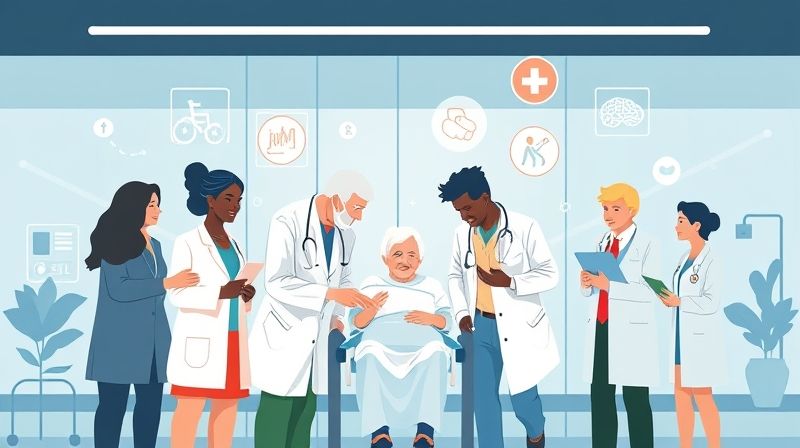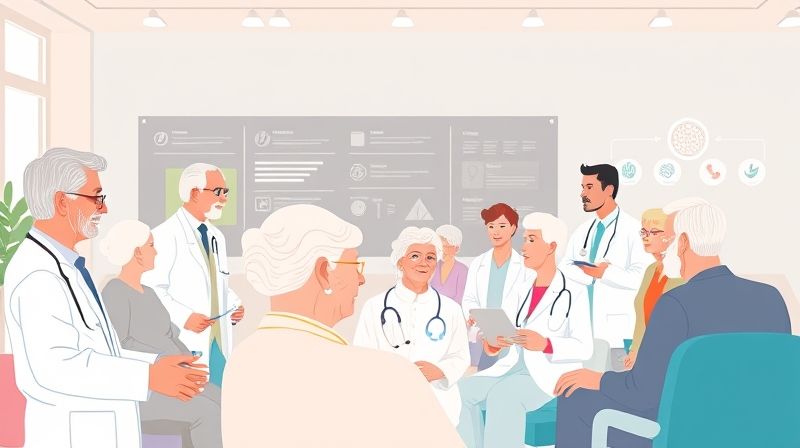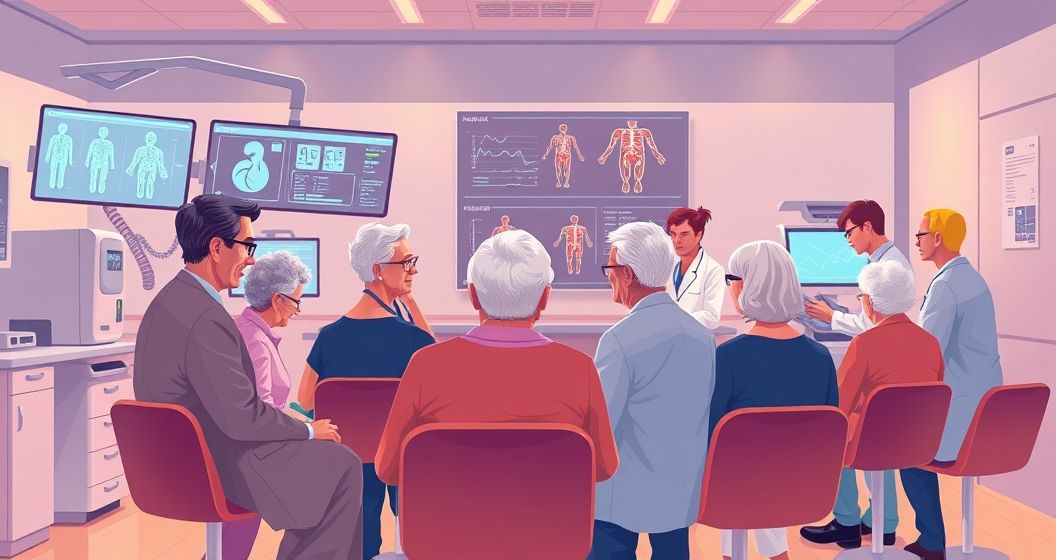Geriatrics in Medical Curriculum: The Urgent Need for Geriatric Expertise
Secret Temptation Bold Body Mist Perfume for Women…
(as of October 12, 2025 11:37 GMT +05:30 – More infoProduct prices and availability are accurate as of the date/time indicated and are subject to change. Any price and availability information displayed on [relevant Amazon Site(s), as applicable] at the time of purchase will apply to the purchase of this product.)
Geriatrics in Medical Curriculum – Article illustration 1
The complexities of caring for older adults are often underestimated. Multi-morbidity – the simultaneous presence of multiple chronic conditions – is commonplace among older patients. Managing these intertwined conditions requires a specialized understanding of age-related physiological changes, the interplay of various medications, and the psychosocial factors that significantly impact health outcomes. Without adequate geriatric training, future doctors will be ill-equipped to address the unique challenges posed by this population.
Beyond the Physical: Addressing the Holistic Needs of Older Adults

Geriatrics in Medical Curriculum – Article illustration 2
Geriatric care extends far beyond simply treating physical ailments. It encompasses a holistic approach, considering the cognitive, emotional, and social aspects of aging. Depression, dementia, social isolation, and functional decline are common concerns among older adults, significantly impacting their quality of life and overall health. Future physicians must possess the skills to identify, assess, and manage these complex issues effectively. A robust geriatrics curriculum provides the necessary tools and knowledge to achieve this.
The Consequences of Neglecting Geriatric Training
The consequences of neglecting geriatric training are far-reaching. Underprepared physicians may misdiagnose conditions, prescribe inappropriate medications, and fail to address the holistic needs of their older patients. This can lead to poor health outcomes, increased hospitalizations, and diminished quality of life for older adults. Furthermore, it places an undue burden on the healthcare system as a whole, leading to increased costs and inefficiencies.
Equipping Future Doctors for Success
Integrating comprehensive geriatrics training into the medical curriculum is not merely desirable; it’s essential for the future of healthcare. This training should encompass a wide range of topics, including age-related physiological changes, common geriatric syndromes, the management of multi-morbidity, and the psychosocial aspects of aging. Furthermore, it should emphasize practical skills, such as conducting comprehensive geriatric assessments and communicating effectively with older patients and their families.
A Call to Action
The time for action is now. Medical schools and training institutions must prioritize the inclusion of robust geriatrics training in their curricula. This investment in education will not only improve the care provided to older adults but also contribute to a more efficient and sustainable healthcare system. By equipping future doctors with the necessary knowledge and skills, we can ensure that older adults receive the high-quality, compassionate care they deserve. The future of geriatrics, and indeed the future of healthcare, depends on it.



